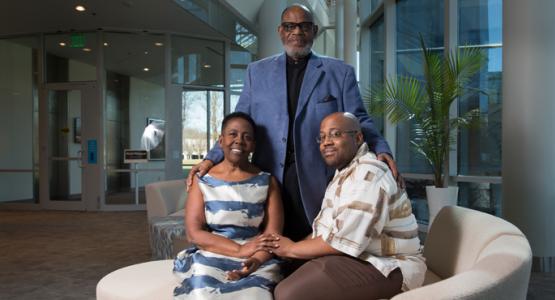
April 2018 Feature: The Uninvited Guest
 Story by Liz Anderson / Images by Ty Wright and Joshua Roberts/AP Images
Story by Liz Anderson / Images by Ty Wright and Joshua Roberts/AP Images
"We Can't Live Like This"
Leroy and Lois Peters’ roller coaster experience with mental illness started when their son, Leroy, “snapped” following a humiliating incident while stationed at Minot Air Force Base in North Dakota. Lois remembers the moment she and her husband learned that something was terribly wrong.
“We got a call that he was in a hospital, in a psych unit,” she says,” and that he had been diagnosed with bipolar disorder and [was] prescribed meds.”
Once diagnosed, Leroy, then age 29, was honorably discharged, returned home to Maryland, and, for a while, lived with his family, longtime members of Allegheny East Conference’s Emmanuel Brinklow church in Ashton, Md. After some time, he moved to Montana to go to college, and found a church to attend. At this church, Leroy would approach the pastor and “confess” all the things he had done during the week. “Unrepeatable things,” Lois says.
Afraid the young man would endup in trouble, the pastor of the church called Lois and Leroy while they were on a business trip in Russia. They cut their trip short so they could retrieve the younger Leroy from Montana.They later learned he had stopped taking his medicine.
They brought their son back to Maryland and admitted him to Adventist HealthCare’s Washington Adventist Hospital in Takoma Park, Md., where he stayed for a week, got the help he needed and improved.
“Once he got back on his medication, he stabilized, but as soon as he got off the medication, he would go up and down and up and down and up and down,” says Lois, who added her son star ted to exhibit hate toward her. “We got to the place where we had to lock our bedroom doors at night.”
Another challenge they faced was balancing the desire to include their son in family functions with the need to protect younger members. Due to the illness, Leroy could be too harsh without realizing it. Family members constantly monitored him to make sure he wasn’t too severe when interacting with the younger ones.
Sometimes among adults, too, he would become disagreeable during discussions and dominate group interactions. In those cases, the elder Leroy would have to escort his son out of the room or event.
“It was just a whole life of not knowing when he was going to show up and disrupt everything, and yet, not trying to be harsh [with] him,” Lois explains. “It was overwhelming and painful, and, as a mother, I struggled with knowing how to fix it, how to help.”
Beyond the emotional toll, there was a financial strain. The Peters had to help their son pay back money he had been swindled out of, after warning him that some new “friends” who seemed generous were actually up to no good. Wanting to help her son, but frustrated and overwhelmed, Lois finally admitted, “We can’t live like this.”
While they haven’t stopped loving and caring for their son, Lois says the family learned to love with limits—including even making the decision to not step in to stop the natural consequences of his actions.
Maya Pandit, who attends Potomac Conference’s Takoma Park (Md.) church, is a marriage and family therapist who specializes in medical therapy. She helps families navigate life during illness, work through family dynamics that arise because of illness and cope with the inevitable and residual feelings and realities that come with their experiences. She often reminds her clients about the importance of setting boundaries.
“If we get so wrapped up in [the situation we can’t control], it can be overwhelming, it can take over the family life” and become “all that anybody thinks about,” she says. This uninvited guest can “eat up all your stuff, all your resources, not just your food and money. Everything about the life that you built is now being sucked into this vacuum. It gets really difficult for these families, not just the individuals.”
As the Peters and their son learned to set healthy boundaries and to cope with his illness, and as he continued to stay on the regulating medications, they began to adapt to their “new normal.”
After what Lois describes as a “Jesus experience,” Leroy, almost 40, gained a helpful roommate, started regularly taking his medication, received full disability benefits, started exercising and is now doing well.
“My child is a living testament that medication works, prayer works, doctors work,” Lois says.
In 2017 the Peters were honored at their church for talking about their son’s illness. With his permission, Lois hopes that sharing their story will help other families.
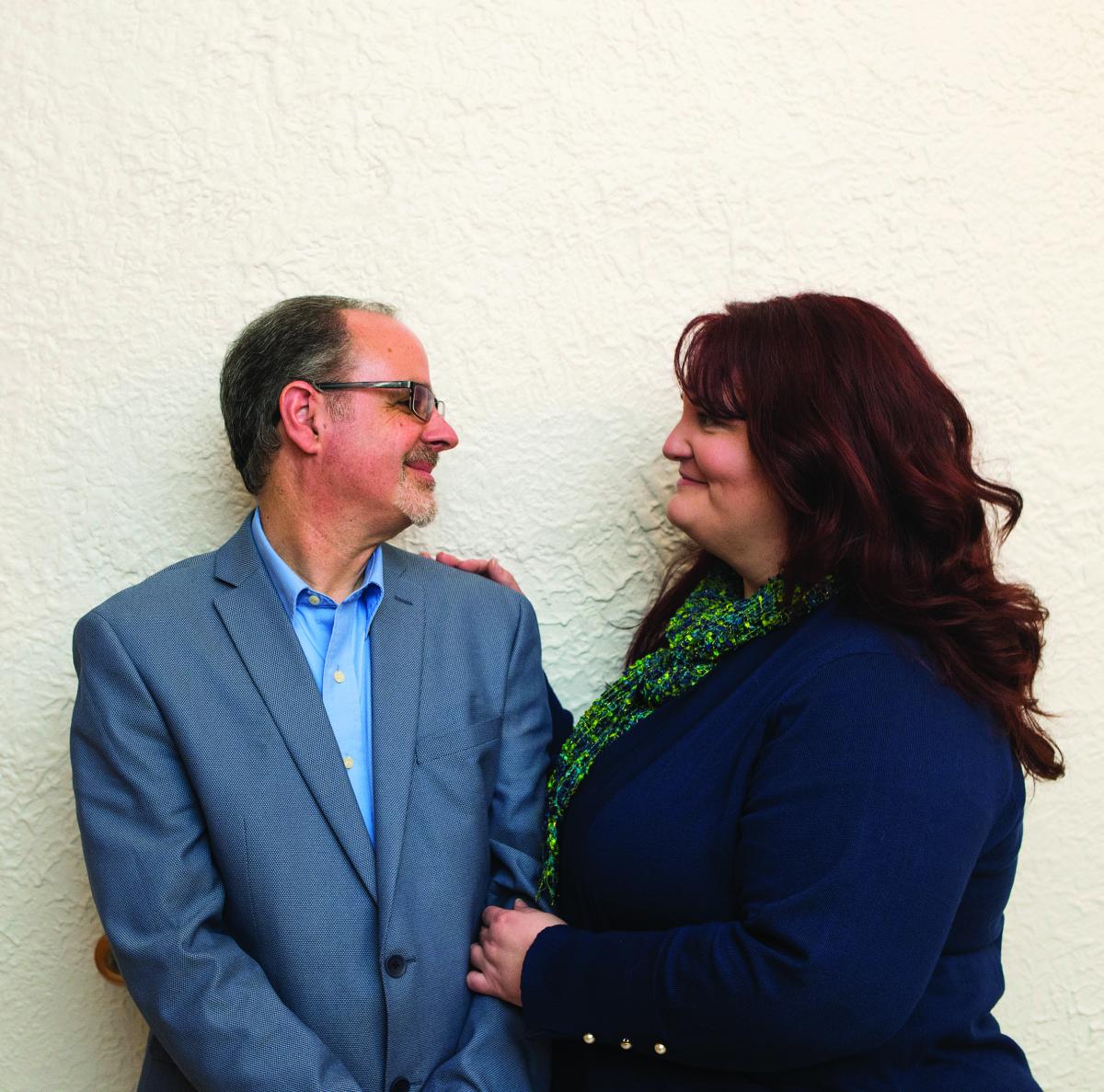 The Toll of Role Reversal
The Toll of Role Reversal
Sometimes when illness occurs, the parent/child roles are reversed. This was the experience of Fred and Heidi Shoemaker (pictured left), who serve in the Ohio Conference—he as pastor of the Mount Vernon Hill church, and she as conference communication and Women’s Ministries director. Five years ago, at Thanksgiving time, this couple suddenly found themselves serving as caregivers for Fred’s aging parents.
During their final years, Fred’s parents, Rosalie and Fred J. Shoemaker (pictured below), lived in the house they raised him in about an hour from Mount Vernon. The family enjoyed getting together often, either at the old homestead or in Mount Vernon.
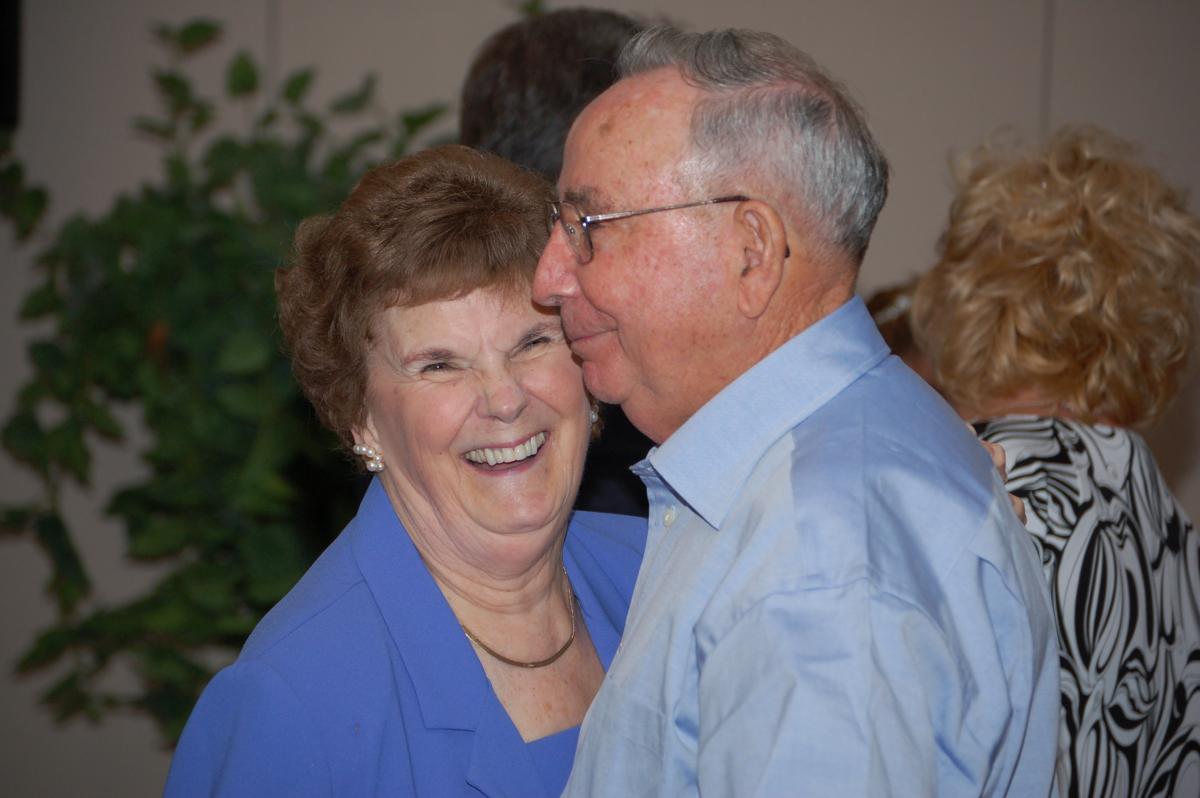 But as his dad’s health declined some, “they couldn’t really come up here to see us like they used to, so we would always go down there to be with them, and very often on Sabbaths after church,” Fred recalls. “... Any time we would have big family [gatherings], Heidi would [cook and get] everything set so mom could relax. Those were special times,” Fred reminisces.
But as his dad’s health declined some, “they couldn’t really come up here to see us like they used to, so we would always go down there to be with them, and very often on Sabbaths after church,” Fred recalls. “... Any time we would have big family [gatherings], Heidi would [cook and get] everything set so mom could relax. Those were special times,” Fred reminisces.
On Thanksgiving morning in 2013, Fred’s dad fell out of the bed and fractured several ribs. At the hospital, they found out that the elder Fred and Rosalie had pneumonia. So they spent Thanksgiving together—in the hospital.
Over the next two years, Heidi and Fred, who became Adventist later in life, cared for his parents. The couple cooked and cleaned, helped them get to appointments, found them in-home care and eventually was most difficult of all, says Heidi. “You’re tired, you can’t sleep well, you’re not eating the way you should, you’re not exercising the way you should.”
This is common for caregivers. “Sometimes family stress or conflict can tax a family so much that they can’t even attend to what needs to be done,” says Pandit, who adds that caregivers provide better care when they are doing well themselves.
One of the ways Heidi coped was to ask for help. “Don’t be afraid to ask for help from your church family, from your friends, from your immediate family,” she says. “You’ll be amazed at how many people are willing to help if you give them a specific task.”
The need for adult children to care for aging parents in the U.S. will continue to increase. Data from a United Nations report shows that the average life expectancy in America is higher today than any other period in history. The percentage of adults over 65 has grown from 8 percent in 1959 to 12 percent in 2000, and is expected to rise to 20 percent by 2050. This means many more adult children will take on caregiving roles and become part of the growing “sandwich” generation that’s raising children while also caring for aging parents.
God Did Not Leave Us Alone
Sometimes it’s not the parents who face illness, but a spouse. At age 14, Paul Riley was diagnosed with rheumatoid arthritis. While dating and in their early days of marriage, Marilyn Riley, a member of Chesapeake Conference’s Spencerville church in Silver Spring, Md., says she was starry-eyed and assumed that their life together would be without complications. “However, I soon realized that there were many things we would not be doing—nature walks, camping, outdoor sports, long walks of any kind, an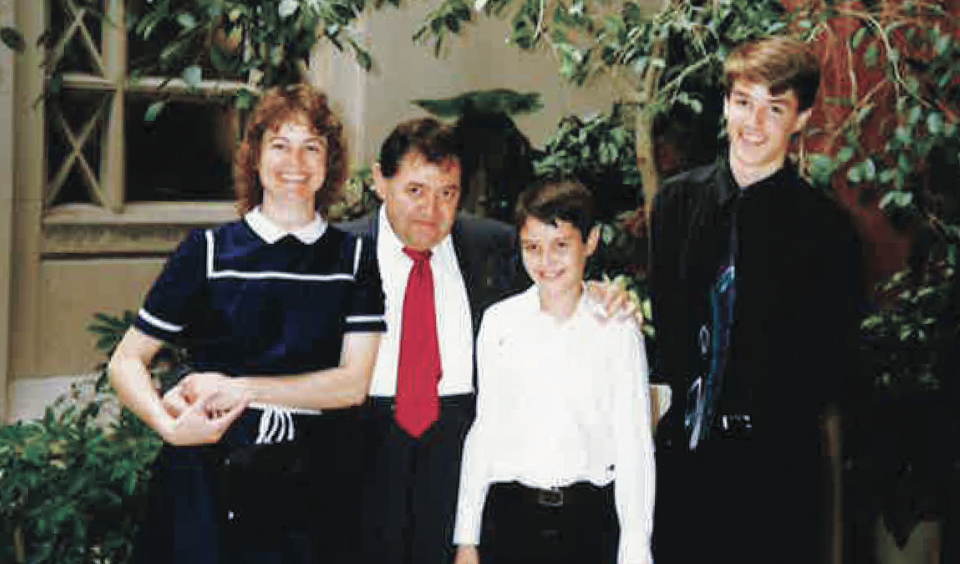 ything physical,” she says.
ything physical,” she says.
“His decline came gradually with one thing going wrong, then another, then another. It was a progres- sive decline, but a slow one,” says Marilyn. She adds that “[in] the long run, there was considerable nancial strain for medical treatments and expenses.”
After 24 years of marriage, he died from a blood clot in his lung and a stroke occurring at the same time.
Marilyn (pictured below) says the illness was a challenge for her and her two sons, but it also taught them that faith in God was important. She adds, “We also learned a lot about compassion. [As a result], I believe our children grew up in a cl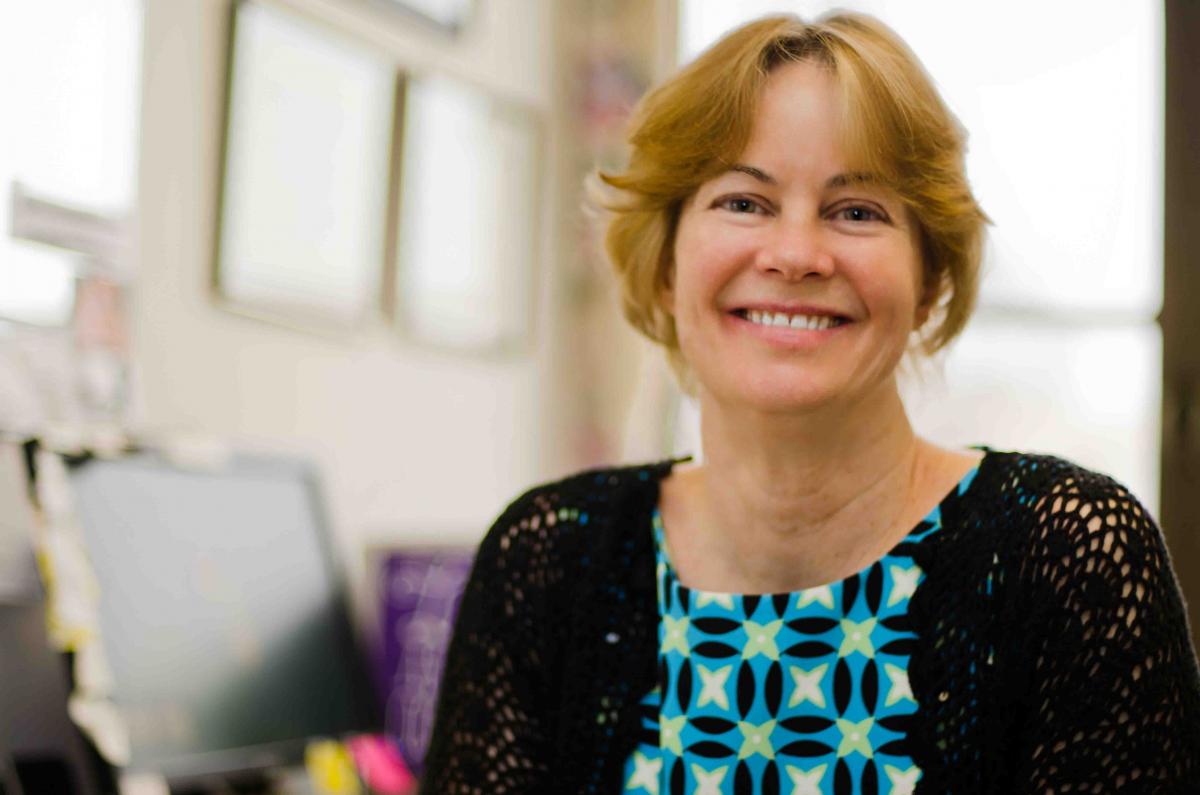 oser and more nurturing environment.”
oser and more nurturing environment.”
She adds, “I believe the challenges we faced helped each of us become stronger spiritually and better people, generally. Good things come out of facing such challenges together. God did not leave us alone—He was a tremendous support, and we could see His help all along the way.”
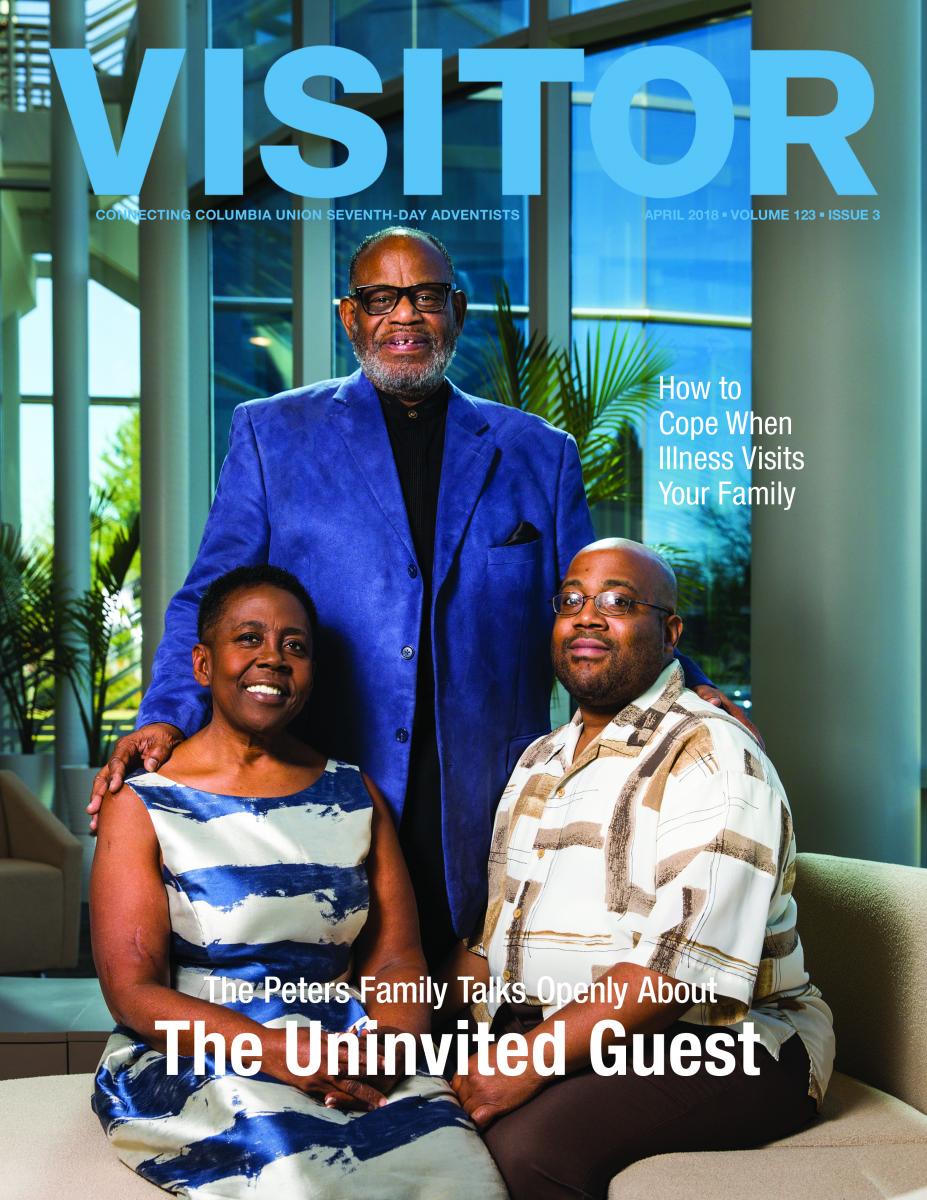 Read and share these stories from the April 2018 Visitor:
Read and share these stories from the April 2018 Visitor:
(More articles coming soon!)

Add new comment